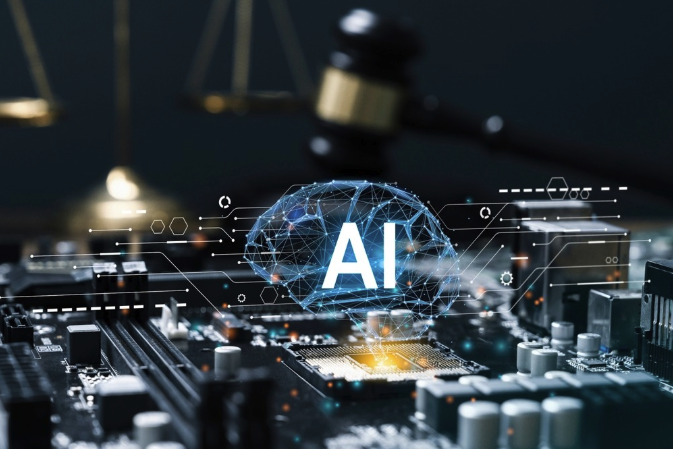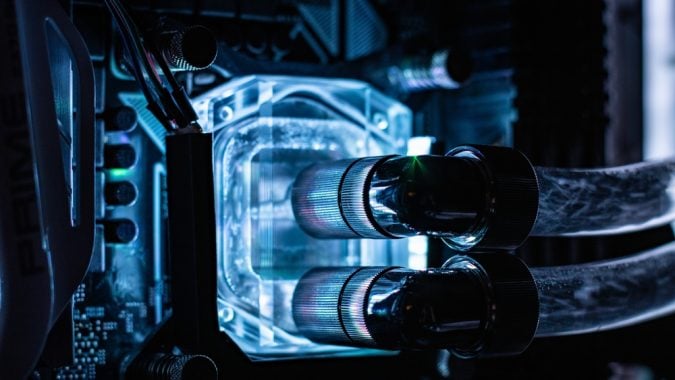1 min read
Which Liquid Cooling Technology is Right for You?
The data center industry is evolving rapidly, and liquid cooling is at the forefront of this transformation. With processors becoming more powerful...
2 min read
 Shahar Belkin
:
Jul 17, 2025 4:27:17 AM
Shahar Belkin
:
Jul 17, 2025 4:27:17 AM

As AI superchips push the boundaries of power and performance, the heat they generate is becoming a critical challenge for data centers. With next-gen chips reaching up to 2,800 watts and AI factories scaling to 50-100 megawatts, traditional cooling methods are no longer enough. Enter two-phase, direct-to-chip liquid cooling—a revolutionary solution that’s reshaping the future of data center cooling.
In a recent article published on Datacentre Solutions, we dive deep into how this innovative technology works and why it’s the most effective and sustainable option for cooling AI workloads. Here’s a quick overview of the key takeaways:
ZutaCore®, in partnership with Munters, has developed a groundbreaking waterless data center architecture capable of cooling hundreds of megawatts of AI workloads sustainably. This innovative solution integrates ZutaCore’s HyperCool® closed-loop system with Munters’ advanced heat rejection technology, eliminating the need for facility water loops. Together, these systems enable efficient heat removal and even allow for heat reuse in adjacent facilities, further reducing environmental impact.
To explore the full article and learn more about how this technology transforms the industry, read it here.
To learn more about how HyperCool can transform your data center, download our eBook.
Two-phase direct-to-chip (DTC) liquid cooling, sometimes also called direct liquid cooling (DLC), is a method that uses a dielectric heat transfer fluid rather than water to cool high-powered GPUs and CPUs. The fluid evaporates into vapor upon contact with hot processors, then condenses back into liquid after it cools down and returns to the processor in a closed-loop system.
Two-phase cooling can handle much higher thermal loads — up to 2,500 watts per chip for HyperCool — than chilled water systems or bulky air conditioning. It offers better energy efficiency and eliminates water-related risks with support for up to 100% heat reuse in a sustainable operation.
Yes. Solutions like HyperCool are designed to avoid a large-scale renovation and retrofit seamlessly into existing infrastructure. The modular nature of these systems makes it easy for operators to scale cooling capacity without disruptions to current systems or facility layouts.

1 min read
The data center industry is evolving rapidly, and liquid cooling is at the forefront of this transformation. With processors becoming more powerful...

2 min read
“GenAI is the new engine that will fire investments to edge data centres.”— Rajiv Ranjan, IDC India As India experiences explosive demand for AI...

3 min read
As high-performance computing (HPC), artificial intelligence (AI), and machine learning (ML) workloads continue to drive up power densities in modern...